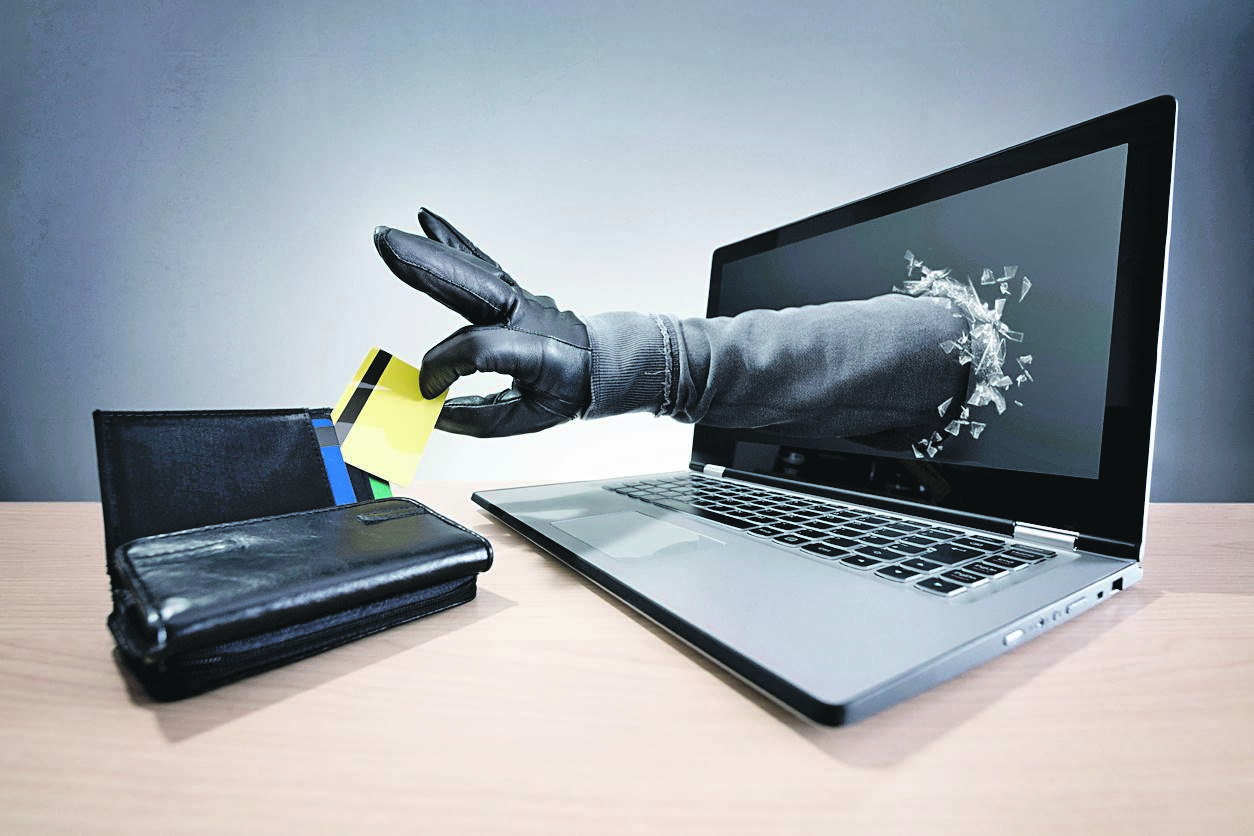
Despite writing extensively on scams, I nearly became a victim of an online retail scam. When sharing my story on social media, it became apparent that most well-known brands are being targeted by fraudsters who are creating fake websites that claim to be the official supplier and offer great discounts.
Just this week, shoe retailer Tsonga issued a warning to customers that social media adverts were taking customers to fraudulent websites not affiliated with their brand.
According to Tsonga, these websites:
READ: Personal Finance | Beware fake couriers and service delivery as festive season scam are on the rise
In my case it was not a social media post but a Google search that took me to a fake site. I was looking for a pair of Skechers for my son and typed Skechers South Africa into Google to see where I could buy a pair. At the top of the search was the website Skechers South Africa – which claimed to be the online store. These fake sites pay Google to be at the top of the search, providing some credibility.
The site looked legitimate, and I found a pair of shoes for my son, which were on sale. The discount was around 40%. This seemed reasonable, considering I had a week earlier purchased a pair of hiking shoes from another retailer for a 60% discount – they had arrived the next day.
When I came to pay for the Skechers, I was given a further discount of 43%. I thought it was strange but continued to provide my details. I had to create an account, which required my email address and home address. I then provided my credit card details for payment. For some reason the payment did not go through, and I attempted to contact the site. That was when I started to get suspicious – the contact form did not provide any contact details. By now the added discount was really starting to make me suspicious and I had a better look at the website site address (URL) – it was skechers-south-africa.co.za, and I discovered in the Google search that there were several variations, such as skecherssouth-africa.co.za and skechers-southafrica.co.za.
I ran a search for “Skechers South Africa scam” and quickly came across complaints on websites such as Hello Peter. Complaints were from consumers who had paid for shoes that never arrived, despite emails from the “supplier” confirming the order.
A website called malwaretips.com warns about Skechers South Africa, explaining:
It appears to be part of a network of fake sites based in China, which malwaretips.com says sell customers’ personal and financial data including names, home addresses, phone numbers and credit card details.
I was fortunate that the payment never went through. I had used my virtual credit card, which means that the CVV number changes every hour, so it cannot be used again. This is a great way to protect yourself when shopping online. I took the added protection of cancelling my card. I did, however, receive a strange WhatsApp message from a business account within a few hours, asking to talk to me; I blocked the number.
READ: Personal Finance | Why we love to hate banks, and why they're not always the bad guy
In hindsight, I should have seen the warning signs. While the discounts were not that suspicious, given that there are January sales now, the red flag is that the shoes were available at that discount in every size and colour. In fact, the website had a huge variety of shoes and all of them were discounted. In most legitimate sales, there are one or two pairs left, usually in uncommon sizes, which is why they are selling them at a discount. The other red flag was the website address – a URL with a hyphen is probably not going to be legit.
The reality is that these fake sites are only going to increase. A survey by cyber security company Mimecast, found that nearly all companies had seen their web domain cloned in the past year and 44% of companies had seen an increase in the misuse of their brands via spoofed emails. The most targeted industries are online banking, delivery and online retailing.
- Check for legitimate domain name and company details: Fake sites often have domain names with odd spellings and extra words. In my case, the hyphen and the fact that there were several similar website addresses were warning signs. Check that a physical business address and working consumer service phone number and/or email address are provided on the site.
- Look for deals that are too good to be true: Scam websites lure customers by advertising extravagant discounts of 50%- to 90%-off deals. As mentioned, this could be legit if there were only one or two items left, but a store would never discount every single item.
- Verify company reputation: Search the website, business name and owner names online for any negative reviews or scam reports. You can check sites such as HelloPeter and TrustPilot.
- Analyse site security and payment options: Scam websites tend to only take irreversible payments, such as electronic transfers or cryptocurrency, and avoid credit cards with stronger fraud protection. This is possibly why my payment did not go through. However, they could still collect your credit card details to sell to a syndicate.




 Publications
Publications
 Partners
Partners









